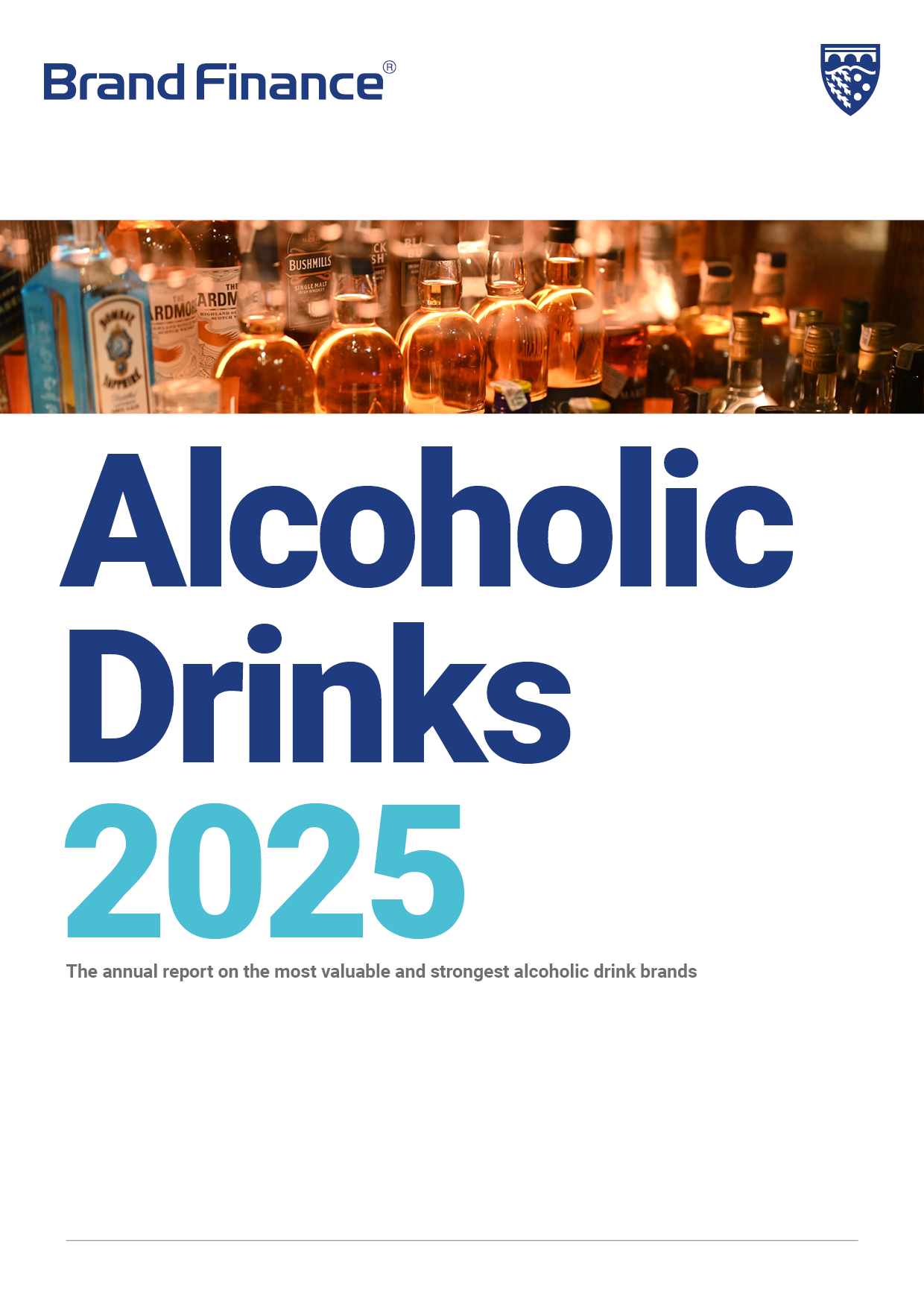This article was originally published in the Brand Finance Alcoholic Drinks 2025 report

Valuation Director,
Brand Finance

Manager Sports Services,
Brand Finance
The no- and low (NoLo) category continues to be a growth area within the alcoholic drinks sector. Increased health consciousness, a desire for more mindful drinking, and the lasting impact of the COVID-19 pandemic on drinking habits are driving consumers to opt for NoLo alternatives. NoLo beer has led the category for some time now. Data from Brand Finance reveals that non-alcoholic beer drinkers best associate Beck’s, Peroni, and BrewDog with good non-alcoholic lagers and ales, while Guinness is the leading brand overall in non-alcoholic beer.
So, who are these consumers and what draws them to NoLo alcoholic drinks? According to Brand Finance data, non-alcoholic beer drinkers over-index versus the general population across all interests and sporting activities. Most notably, drinkers of non-alcoholic beer are 68% more likely to be interested in sport and twice as likely (106%) to be interested in running, in particular. These beverages enable consumers to moderate their alcohol consumption, prioritise health, and reduce calorie consumption without giving up the social ritual of having a drink.
Brand Finance research also reveals that non-alcoholic beer drinkers have higher ad recall than the general population across the leading brands, being Guinness, Peroni, BrewDog, Corona Extra, and Beck’s. A common thread among these brands is their strong presence in sports marketing, promoting alcohol-free versions as official partners of major sporting events.
Take Guinness, for example. Its partnership with the Six Nations has proven especially effective. According to Diageo, and Nielsen data, 32% of Six Nations fans said the brand’s involvement with the tournament drove them to try Guinness 0.0% for the first time. Heineken has adopted a similar strategy with the UEFA Champions League, promoting its 0.0% product alongside the world’s most-watched football tournament since 2020.
Similarly, Corona launched a landmark deal as the first official global beer sponsor of the 2024 Summer Olympic Games in Paris. Their alcohol-free beer, Corona Cero, stood up before a global audience.
These partnerships underscore the popularity of NoLo drinks among sports fans. At the same time, these alcohol-free products often carry the same brand names as their alcoholic counterparts – an intentional move that allows brands to subtly promote both products simultaneously.
All of this contributes to higher ad recall, as highlighted by Brand Finance data, underlining the effectiveness of NoLo branding among sport audiences.
Beyond the non-alcoholic alternatives offered by major beer brands, a new wave of purely non-alcoholic beer companies has popped up, including Lucky Saint, Bero, and Athletic Brewing Company. Among them, Lucky Saint stands out as a segment leader. Like the NoLo lines of multinational giants, the brand has capitalised on sports partnerships to drive brand awareness and growth. However, rather than aligning with high-profile professional events, such as those sponsored by Guinness, Corona, or Heineken, Lucky Saint has strategically focused on mass participation events like Hyrox competitions or half marathons. As consumer preferences continue to shift toward mindful consumption, the NoLo segment is well-placed for sustained growth.

